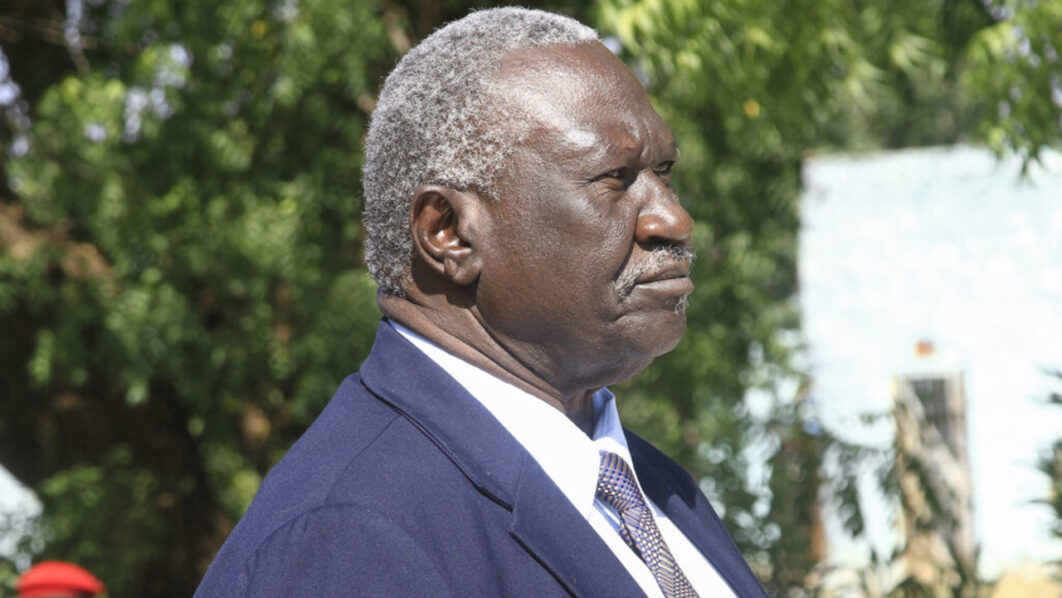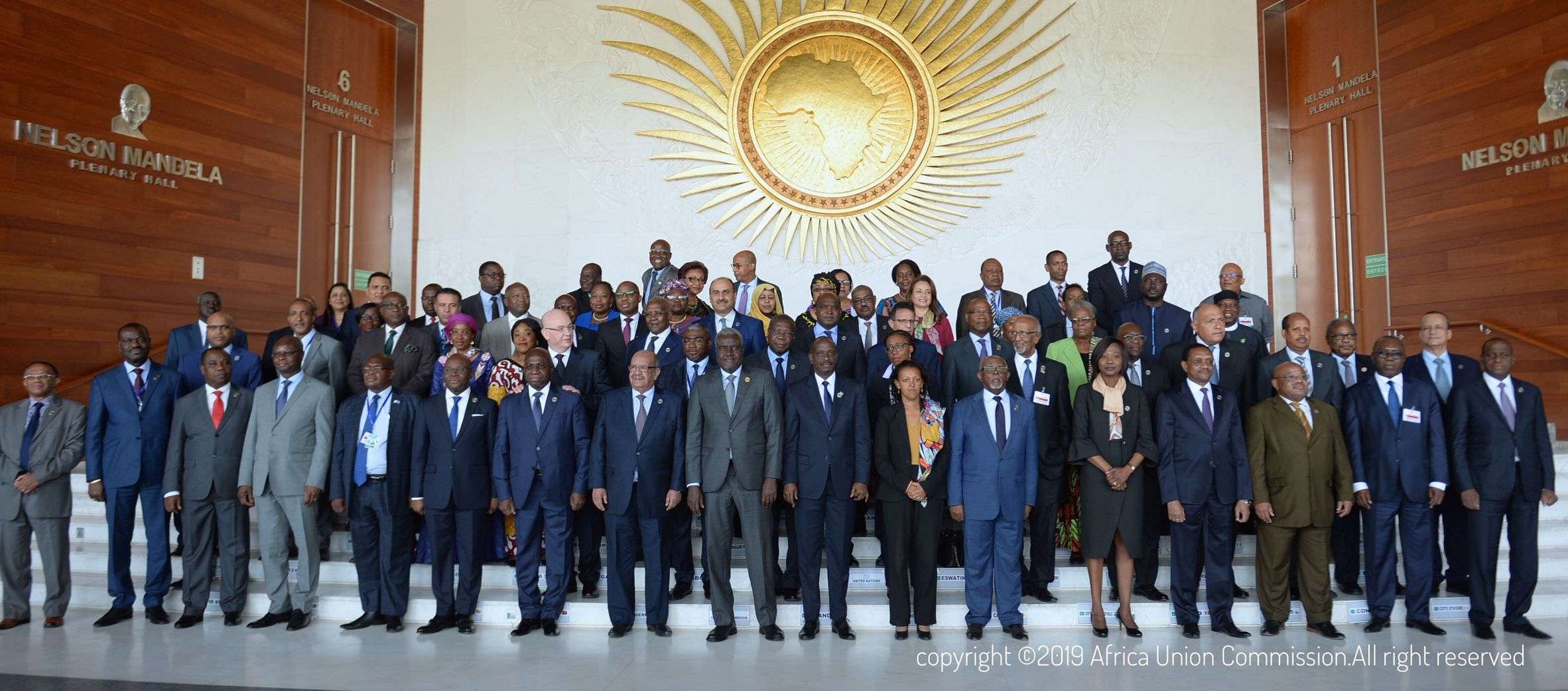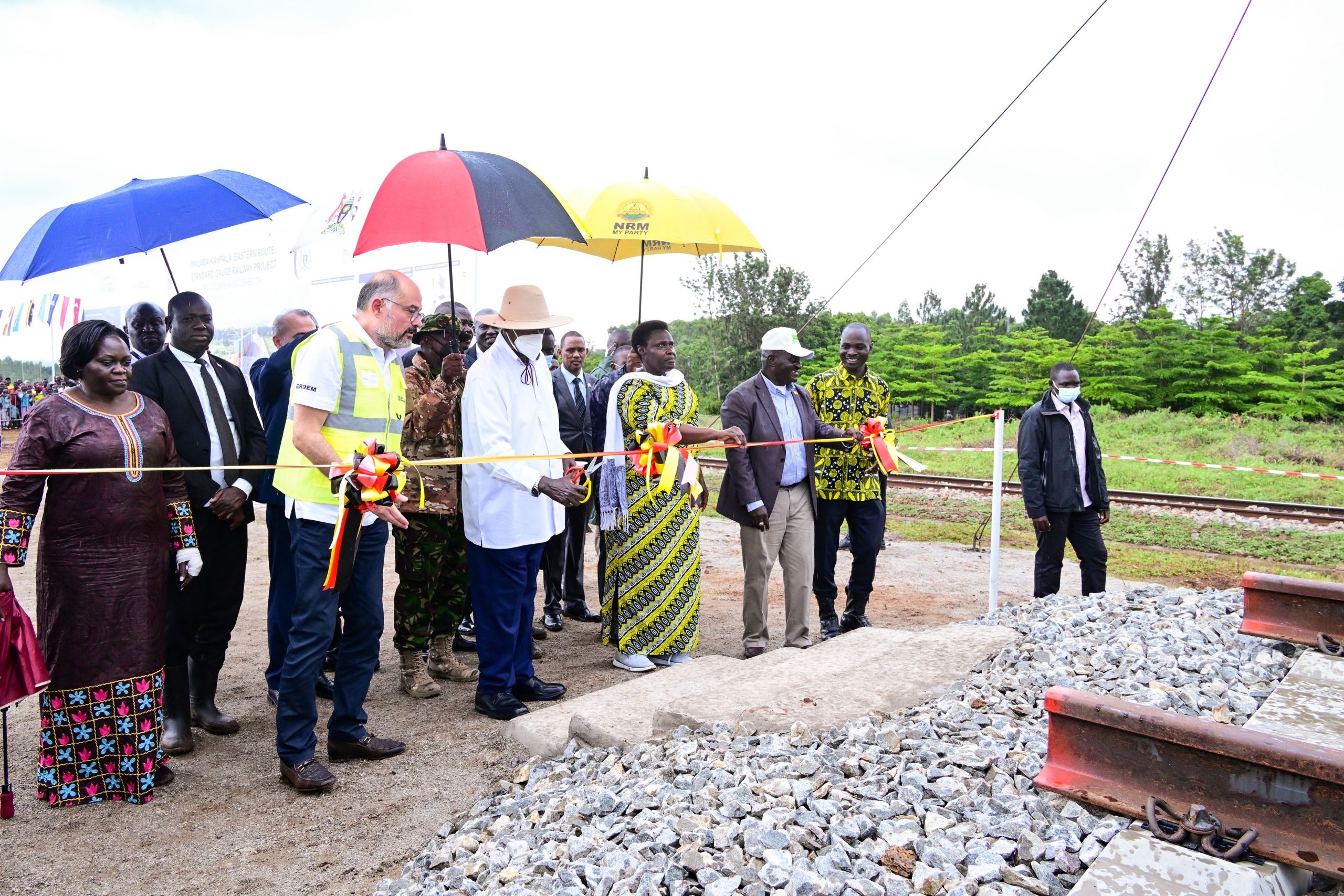The conference, reportedly orchestrated by the United Arab Emirates (UAE), the RSF’s primary backer, comes amid heightened tensions between Sudan and Kenya. Sources have told The Weekly Vision that the RSF’s presence in Nairobi is a closely guarded affair, managed discreetly by Kenya’s intelligence community and a select group of officials within President William Ruto’s administration. The same sources suggest that Kenya’s Cabinet Secretary for Foreign Affairs, Musalia Mudavadi, has been sidelined in this matter, underscoring the sensitivity of Kenya’s role in hosting the controversial militia
In a development that has sent ripples through diplomatic circles, the Rapid Support Forces (RSF), a paramilitary group accused of heinous atrocities in Sudan’s ongoing civil war, is set to convene a high-stakes conference in Nairobi next week.
According to diplomatic sources in Nairobi, the gathering aims to recalibrate the RSF’s strategy following significant territorial losses to the Sudanese Armed Forces (SAF) and its allies. The ultimate objective is to declare a parallel government for Sudan, a move that threatens to deepen the country’s already catastrophic conflict.
The conference, reportedly orchestrated by the United Arab Emirates (UAE), the RSF’s primary backer, comes during heightened tension between Sudan and Kenya. Sources have told The Weekly Vision that the RSF’s presence in Nairobi is a closely guarded affair, managed discreetly by Kenya’s intelligence community and a select group of officials within President William Ruto’s administration. The same sources suggest that Kenya’s Cabinet Secretary for Foreign Affairs, Musalia Mudavadi, has been sidelined on this matter, underscoring the sensitivity of Kenya’s role in hosting the controversial militia.
Sudan’s Transitional Sovereign Council, led by Vice President Malik Agar, has issued a vehement rebuke, accusing Kenya of complicity in a plot to undermine Sudan’s sovereignty. In two open letters, dated 12 and 13 April 2025, Agar implored Kenyan legislators and the international community to intervene and halt the conference. The letters, widely circulated online, warn of dire consequences for Sudan’s territorial integrity and regional stability.
Sudan’s civil war, which erupted in April 2023, has pitted the SAF, led by General Abdel Fattah al-Burhan, against the RSF, commanded by General Mohamed Hamdan Dagalo, known as Hemedti. The conflict, rooted in a power struggle over control of the state, has claimed tens of thousands of lives, displaced over 14 million people, and drawn accusations of genocide against the RSF, particularly in Darfur. Recent months have seen the SAF reclaim key territories, including much of Khartoum, forcing the RSF to retreat to its strongholds in Darfur and southern Sudan.
Next week’s Nairobi conference, diplomatic sources reveal, is a response to these setbacks. The RSF and its militia allies aim to regroup, reassess their military and political strategies, and, most controversially, lay the groundwork for a rival government. The Sudan News Agency reported on 12 April 2025 that the RSF intends to use the conference to “announce a so-called parallel government, challenging Sudan’s legitimate authority and further destabilising the nation.”
The UAE’s role in the conference has raised eyebrows, with allegations that Abu Dhabi is actively lobbying Western governments to recognise the RSF’s proposed government. Diplomatic sources indicate that Nordic and Scandinavian states, known for their humanitarian focus, are particular targets of this campaign. The UAE’s support for the RSF has long been contentious; in March 2025, Sudan filed a case at the International Court of Justice accusing the Emirates of complicity in genocide by arming the paramilitary group. A New York Times investigation earlier this year exposed a secret Emirati drone base near Sudan’s border, allegedly used to bolster RSF operations.
“Sudan faces an existential threat from external actors who seek to legitimise a genocidal militia,” Vice President Agar wrote in his letter to Kenyan legislators on 12 April 2025. “We urge Kenya, a brotherly nation, to reconsider hosting this conference, which serves only to embolden those who massacre our people and fragment our country.”
Kenya’s decision to host the RSF has sparked a diplomatic firestorm. Sudan’s government has accused Nairobi of violating its sovereignty, with Khartoum suspending all imports from Kenya in March 2025 in retaliation for a previous RSF meeting in Nairobi. That gathering saw the RSF sign a charter outlining plans for a secular, decentralised government—an act Sudan condemned as a step towards partition.
Agar’s second letter, addressed to the international community on 13 April 2025, intensified the rhetoric: “Kenya’s actions risk not only Sudan’s unity but the stability of the entire Horn of Africa. We call upon the global community to stand with Sudan against this reckless escalation.”
Within Kenya, the issue is fraught with political sensitivity. The NIS is tightly controlling access to information about the conference, with Foreign Affairs CS Mudavadi excluded from key discussions. This has fuelled speculation about internal divisions within Ruto’s administration, with critics like former Deputy President Rigathi Gachagua alleging that the president has personal ties to the RSF leadership.
The RSF’s Nairobi conference has drawn widespread condemnation.
The African Union, European Union, and United Nations Security Council have previously expressed alarm over the militia’s attempts to establish a parallel government. Sudan’s government has called for sanctions against Kenya, arguing that Nairobi’s facilitation of the RSF violates international law and the African Union’s principles.
Agar’s letters have resonated with some Kenyan lawmakers, who are reportedly uneasy about the conference. “Kenya must not be seen as a haven for war criminals,” an anonymous legislator told The Weekly Vision on 14 April 2025. “We risk our moral standing and our trade relations with Sudan for a conference that serves no clear purpose.”
Western diplomats, while publicly silent, are said to be divided. Some support the conference as a potential step towards dialogue, while others view it as a dangerous precedent that could embolden rebel groups across the continent. The UAE’s lobbying efforts, however, appear to be gaining little traction, with Nordic states reportedly wary of endorsing a group accused of war crimes.
As Nairobi prepares to host the RSF, the stakes are extraordinarily high. Sudan’s civil war shows no signs of abating, with the SAF’s recent gains in Khartoum offset by the RSF’s entrenchment in Darfur. The prospect of a parallel government threatens to fracture Sudan further, potentially drawing in regional powers and exacerbating a humanitarian crisis that has already pushed millions to the brink of famine.
For Kenya, the conference is a diplomatic tightrope. Ruto’s administration insists it is committed to peace in Sudan, but its hospitality towards the RSF has strained ties with Khartoum and raised questions about Nairobi’s neutrality. “Kenya has a duty to mediate, not to take sides,” Mudavadi said in a statement on 13 April 2025, though his limited role in the matter suggests otherwise.
As the RSF gathers in Nairobi, the eyes of Sudan, the region, and the international community are fixed on Kenya. Will the conference mark a turning point in Sudan’s war, or will it deepen the wounds of a nation already torn apart? Only time will tell, but for now, the spectre of a parallel government looms large over a region desperate for peace.





